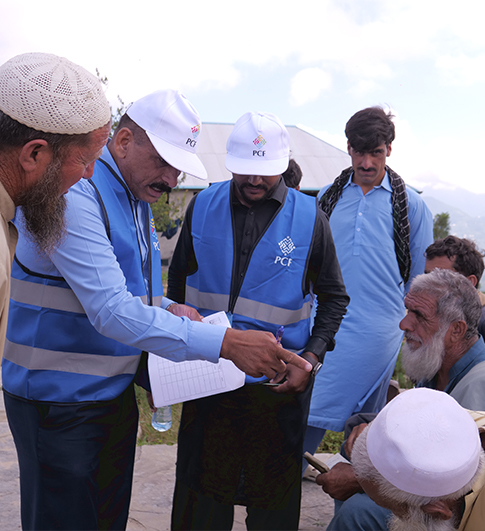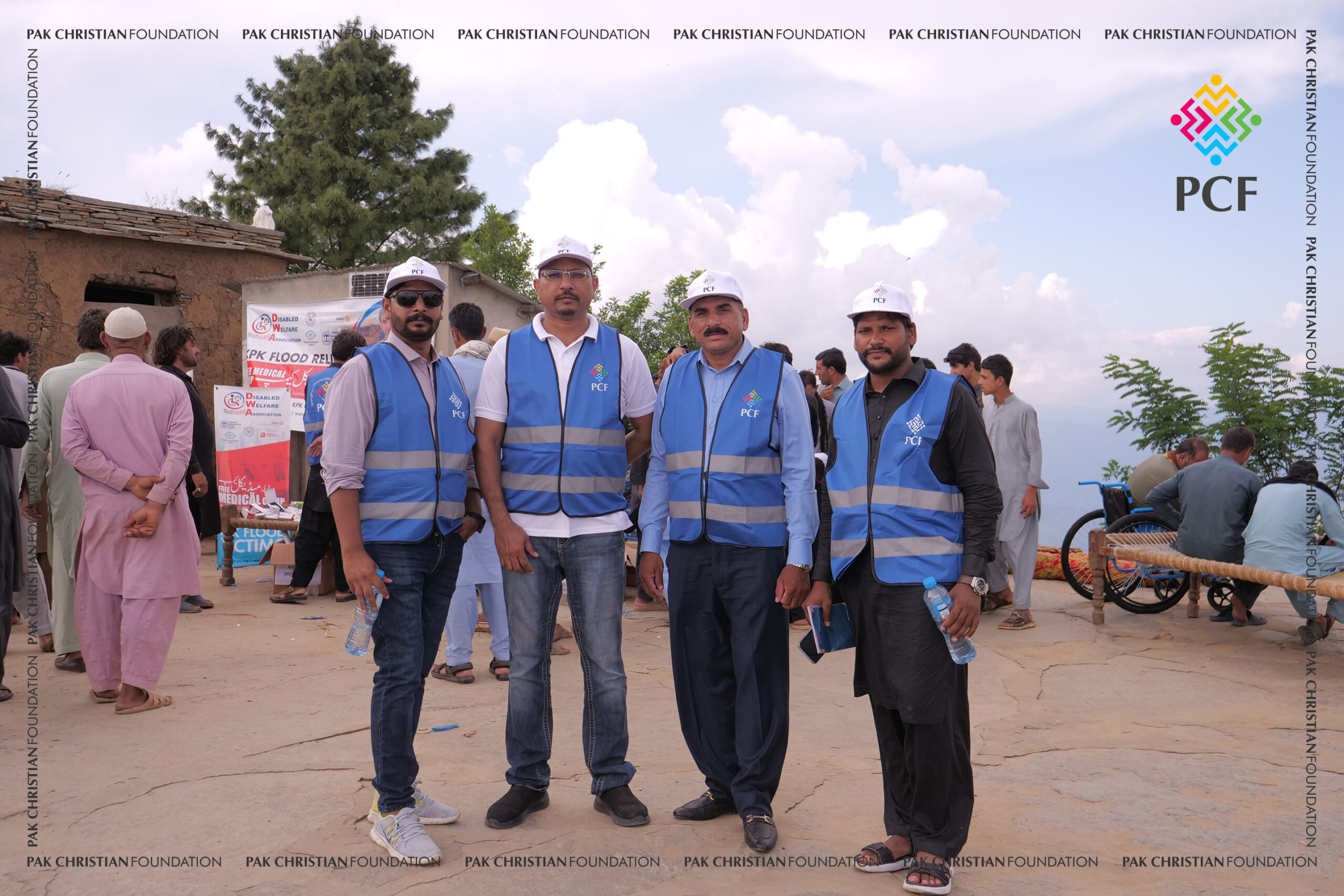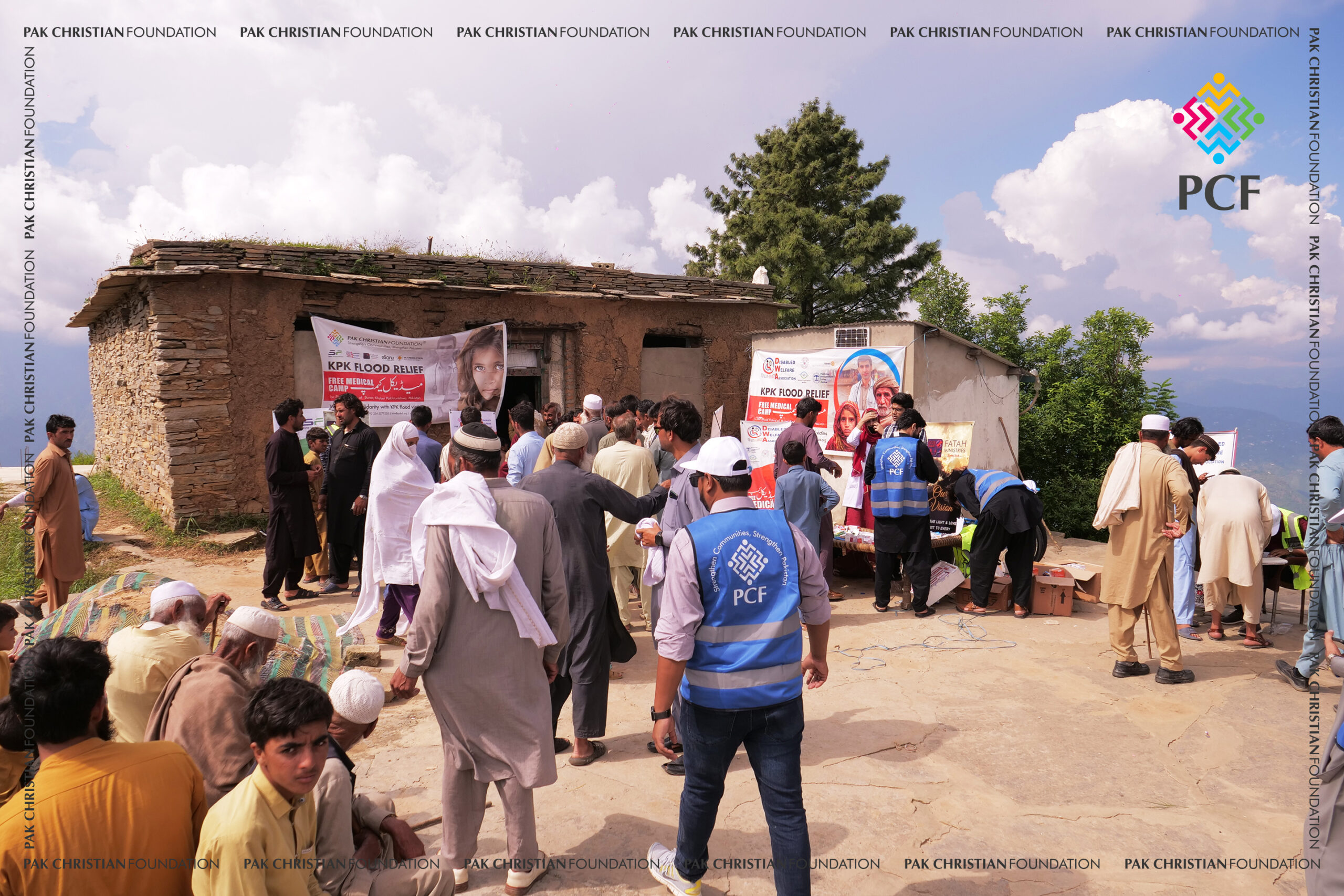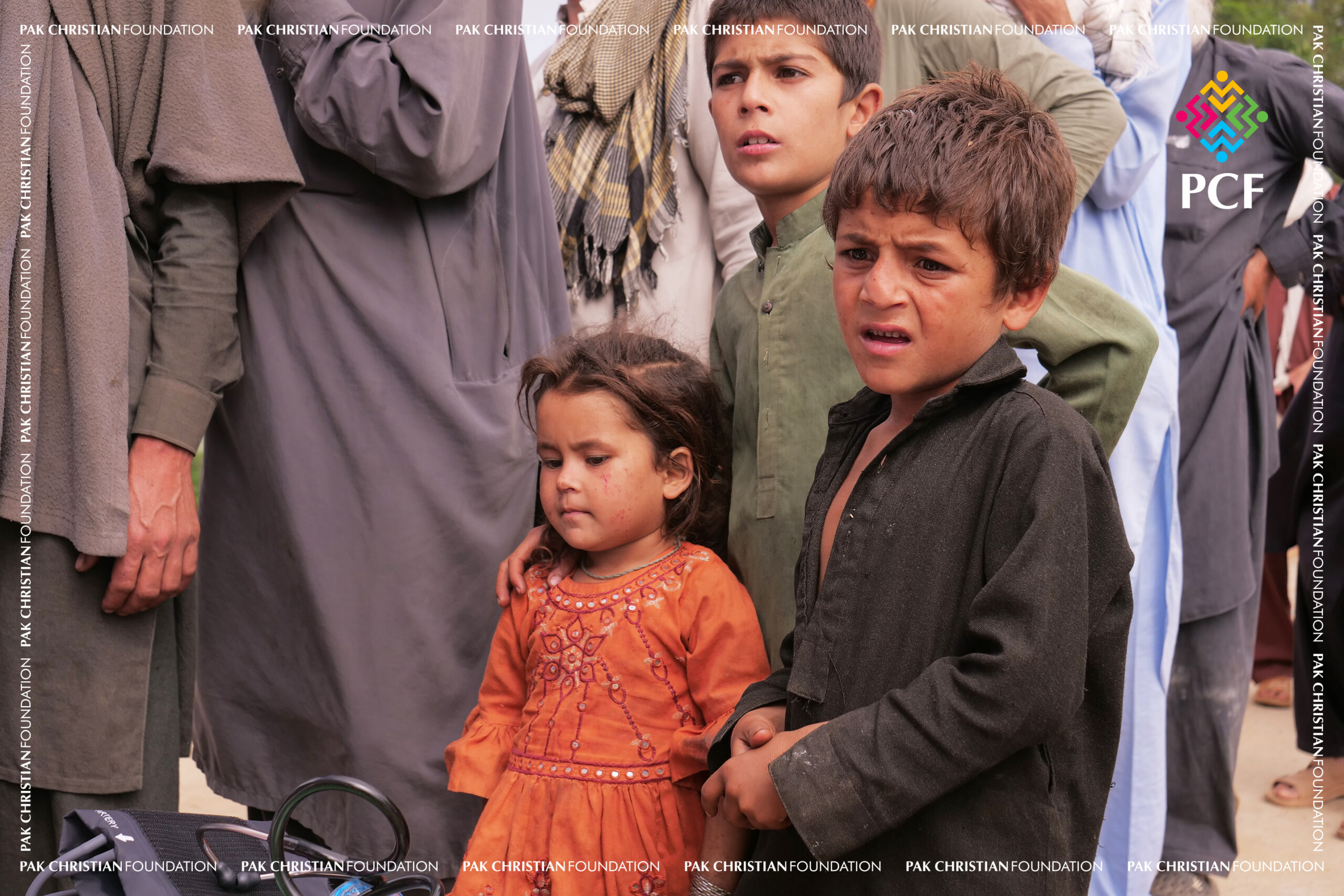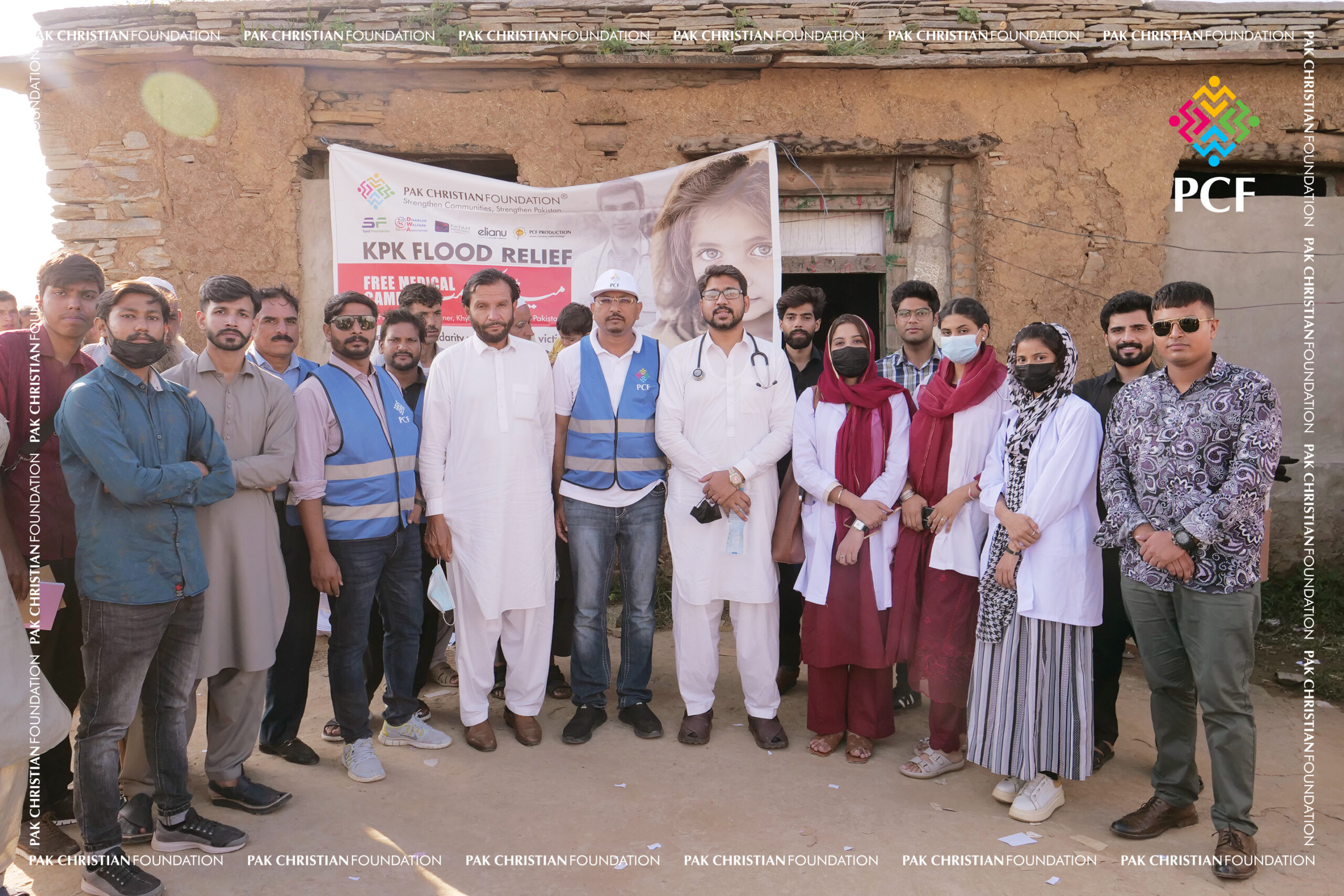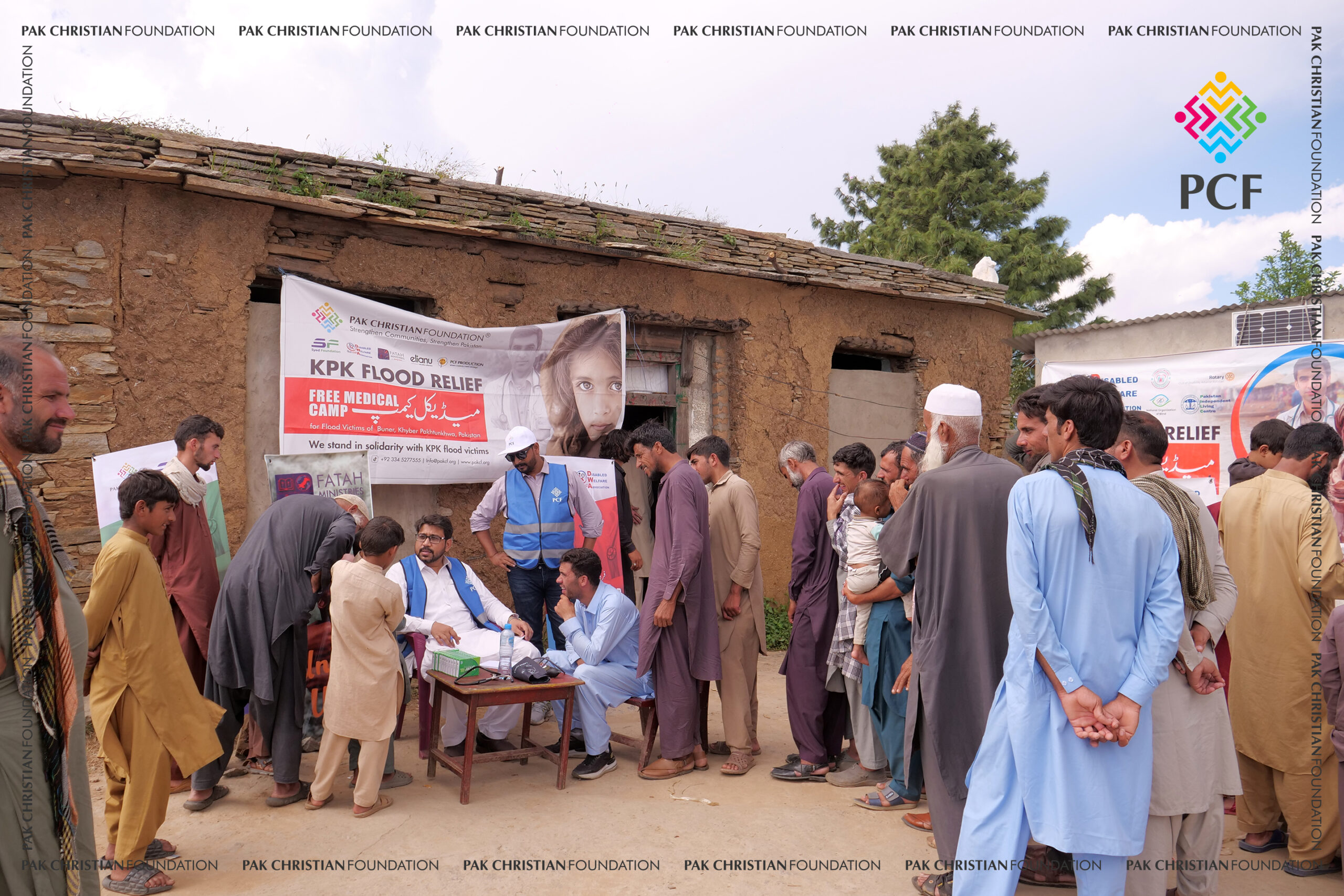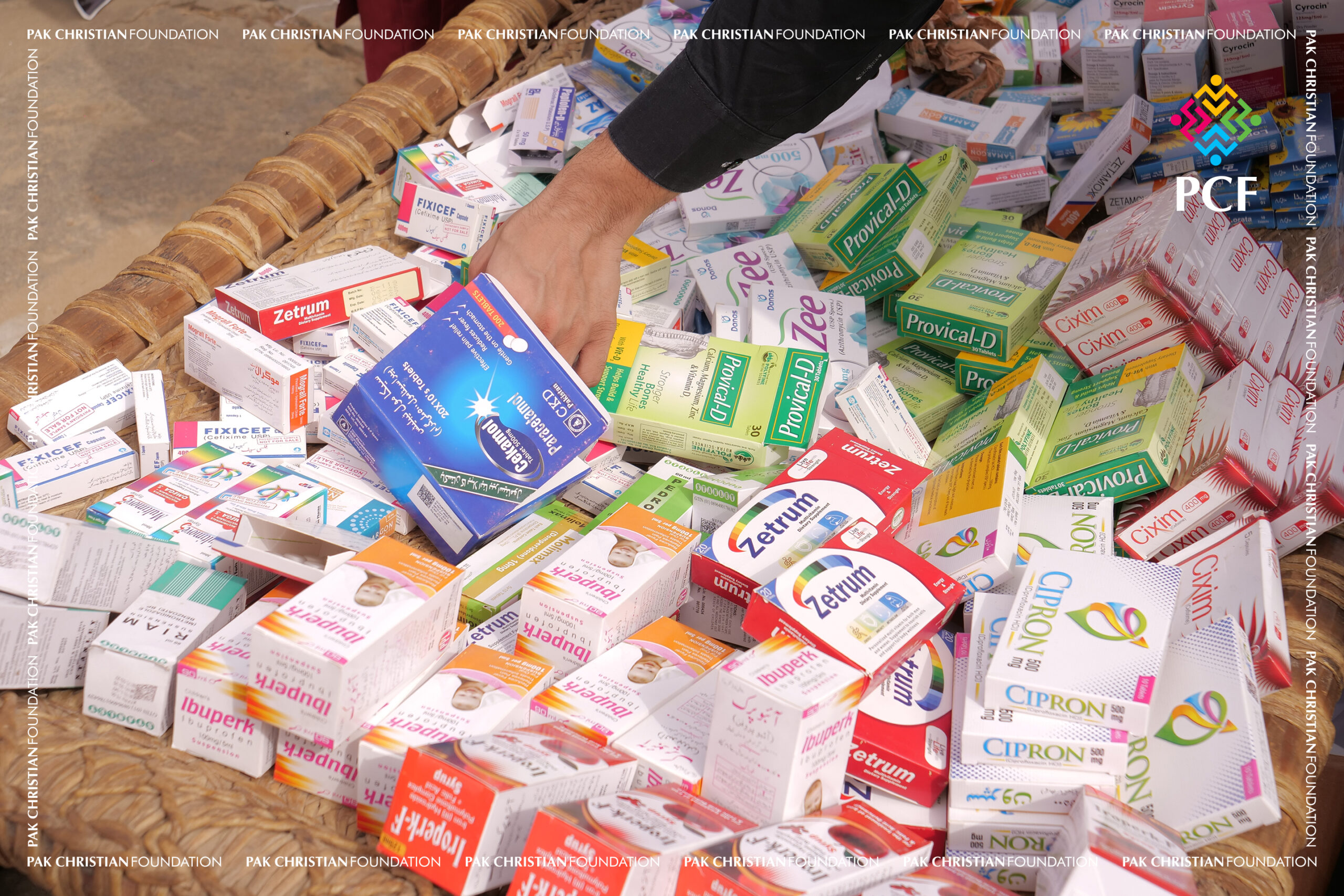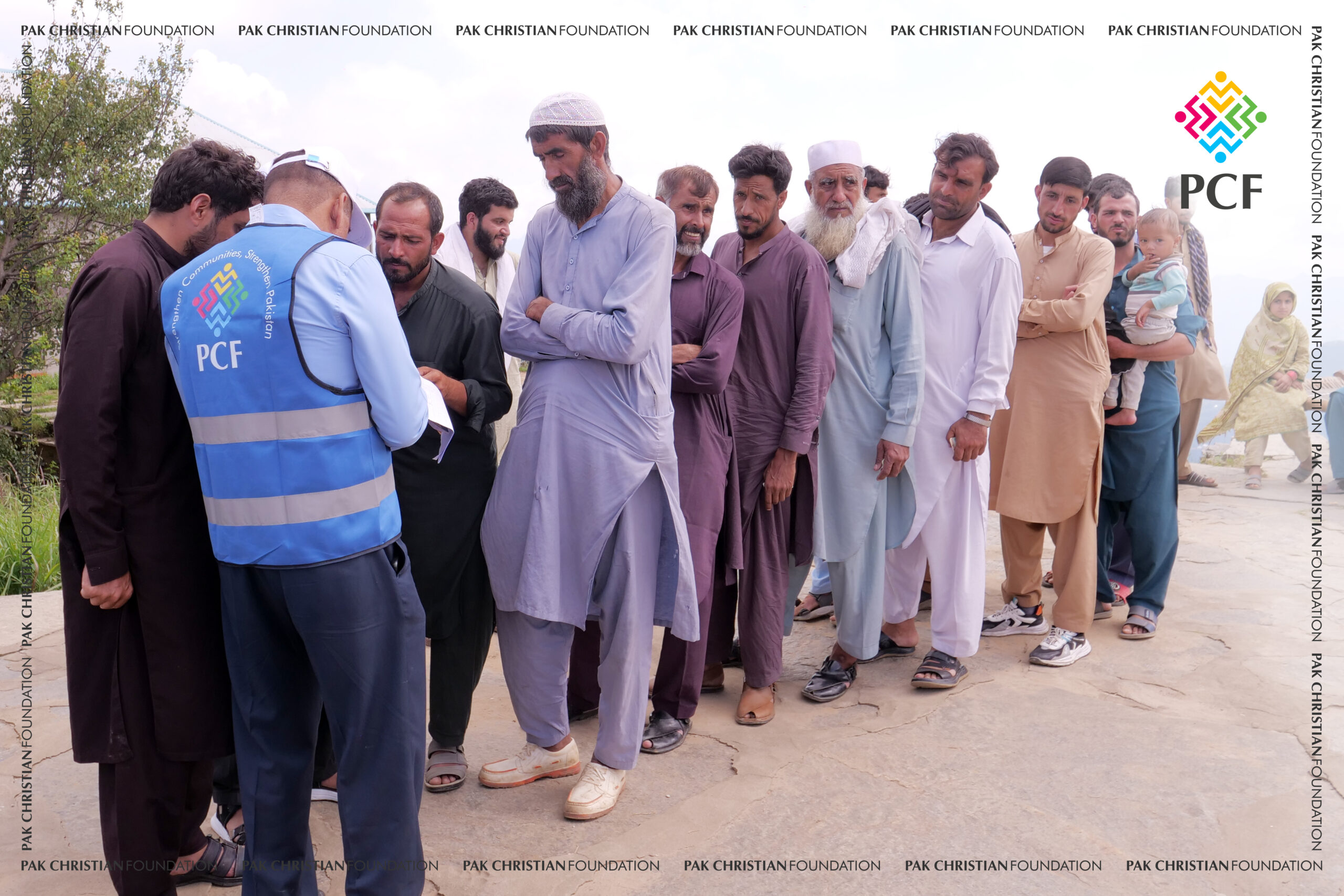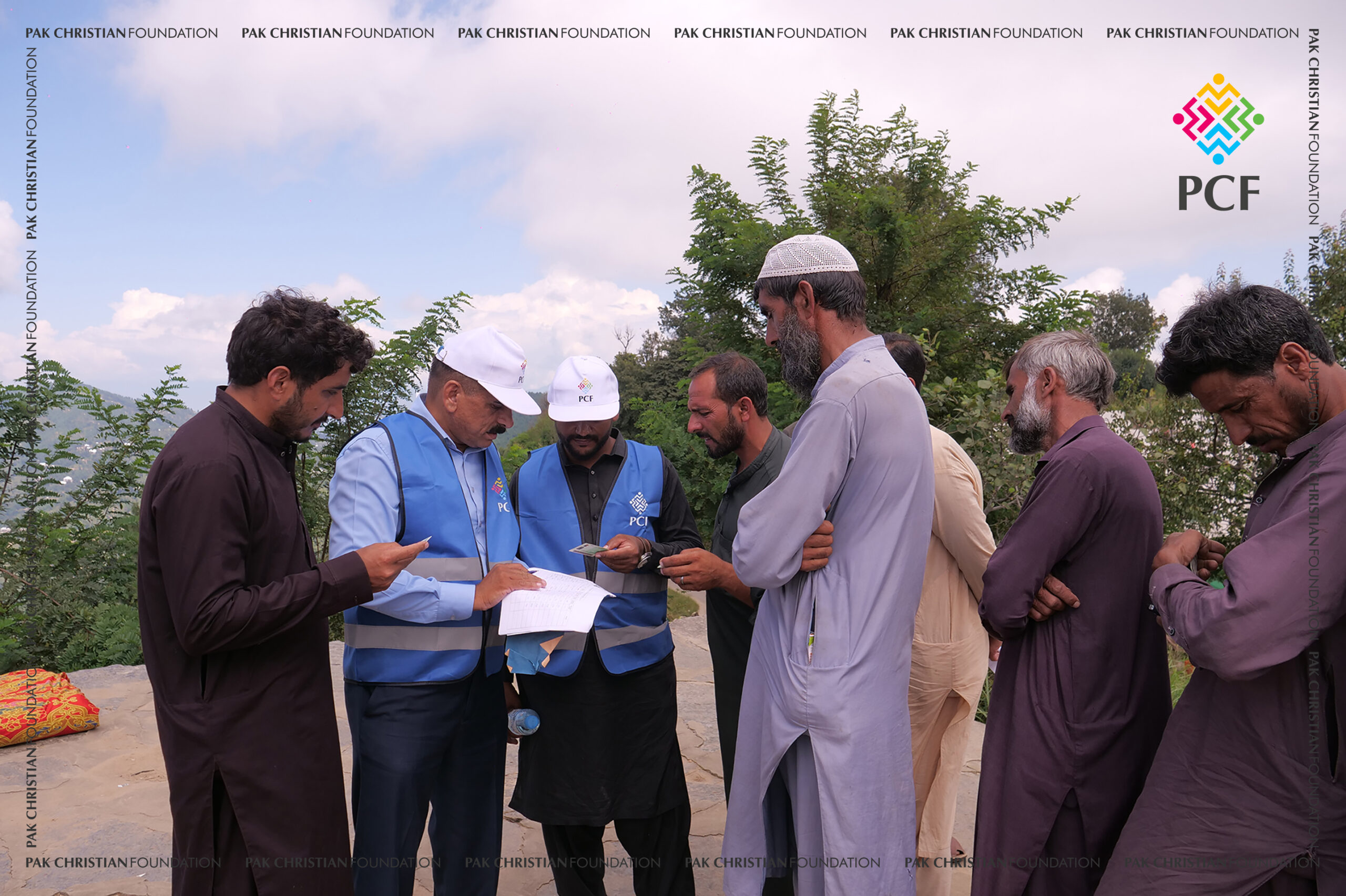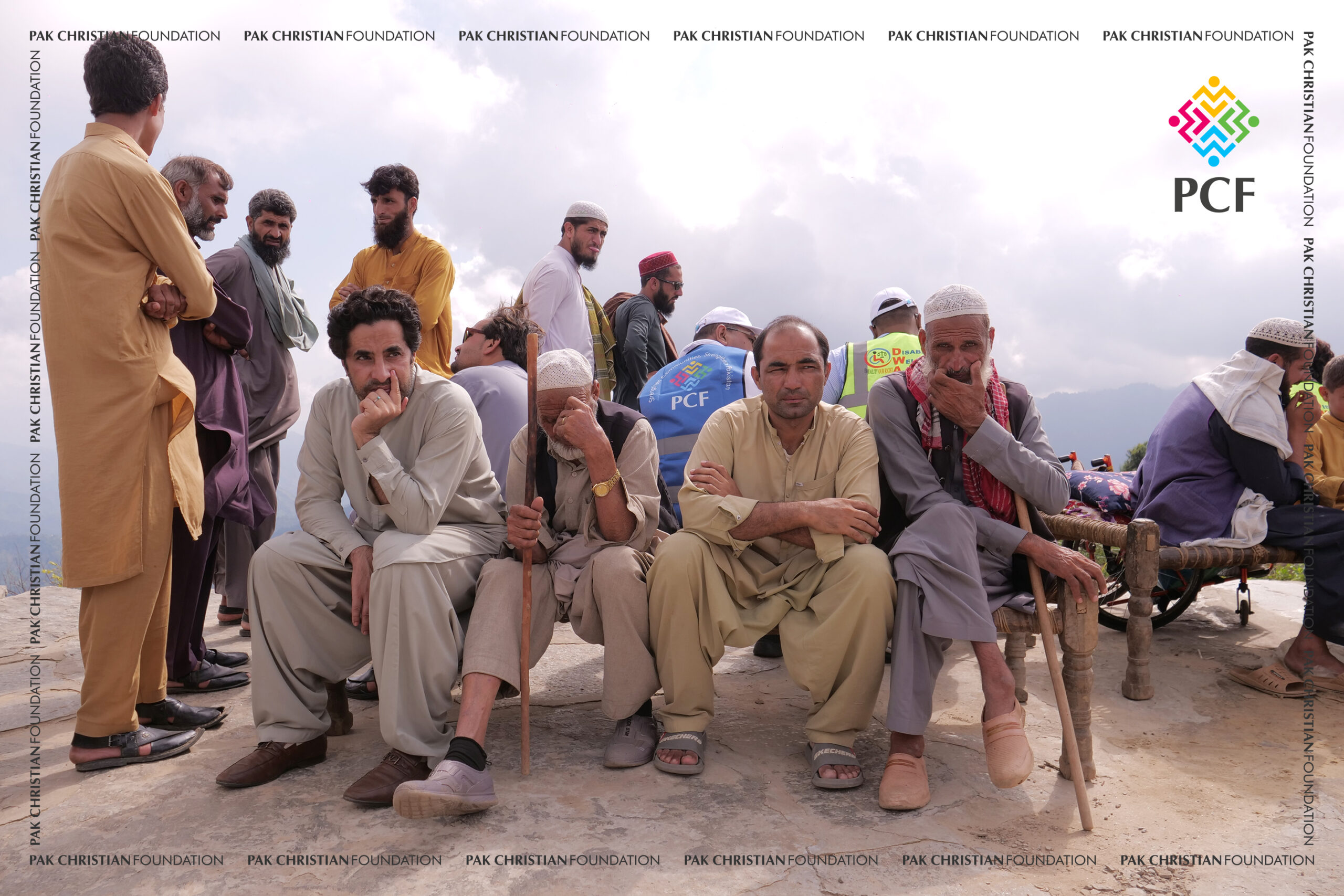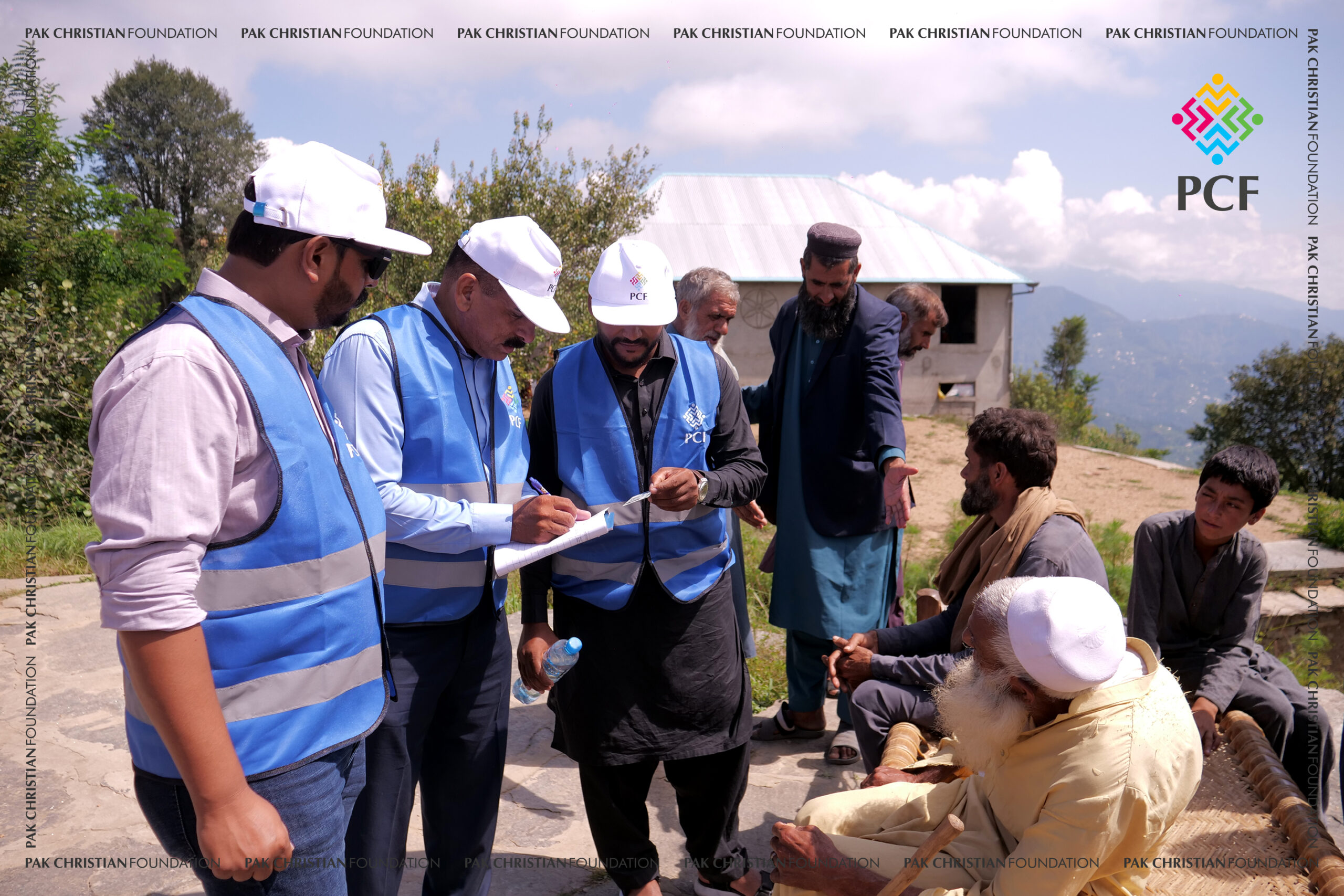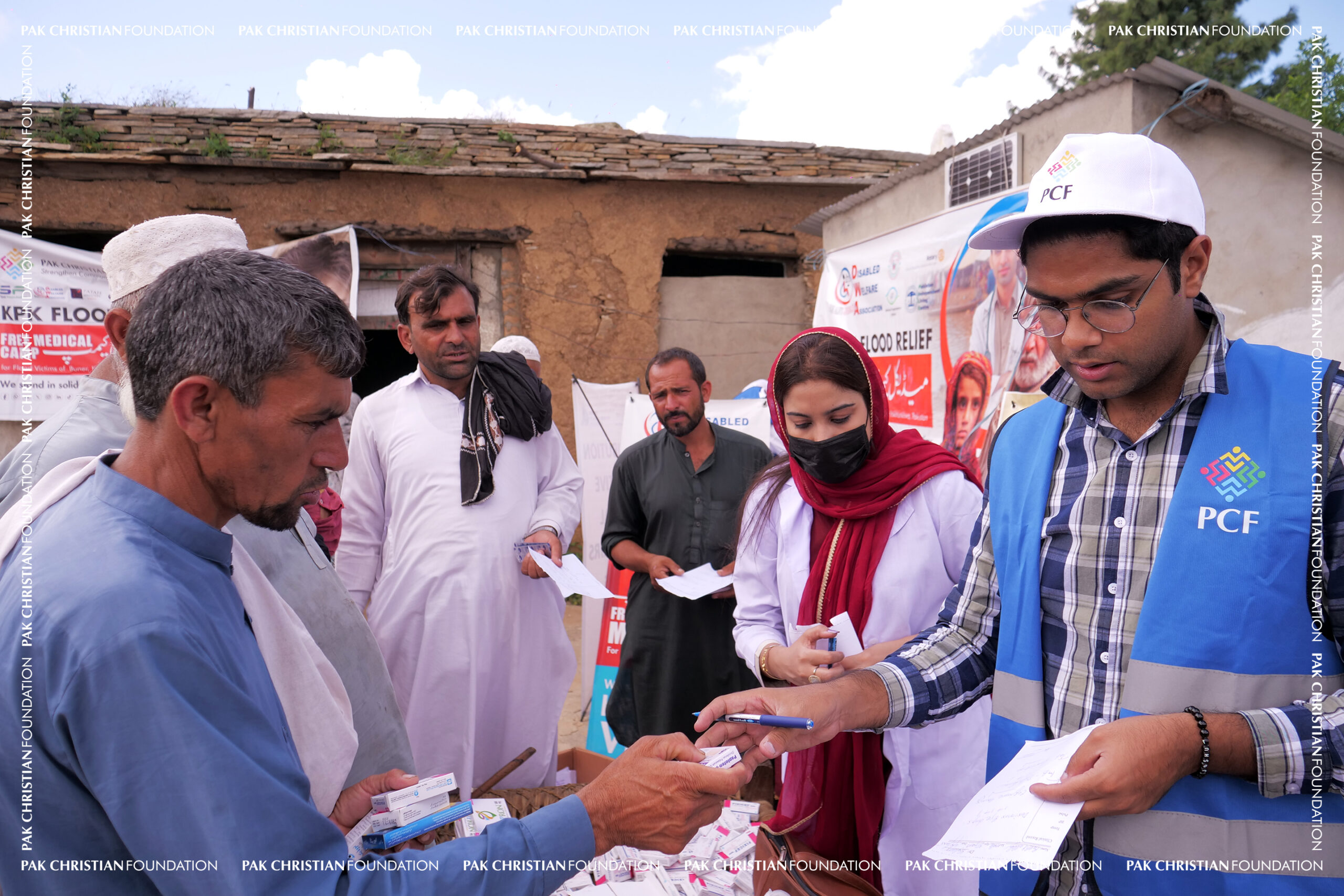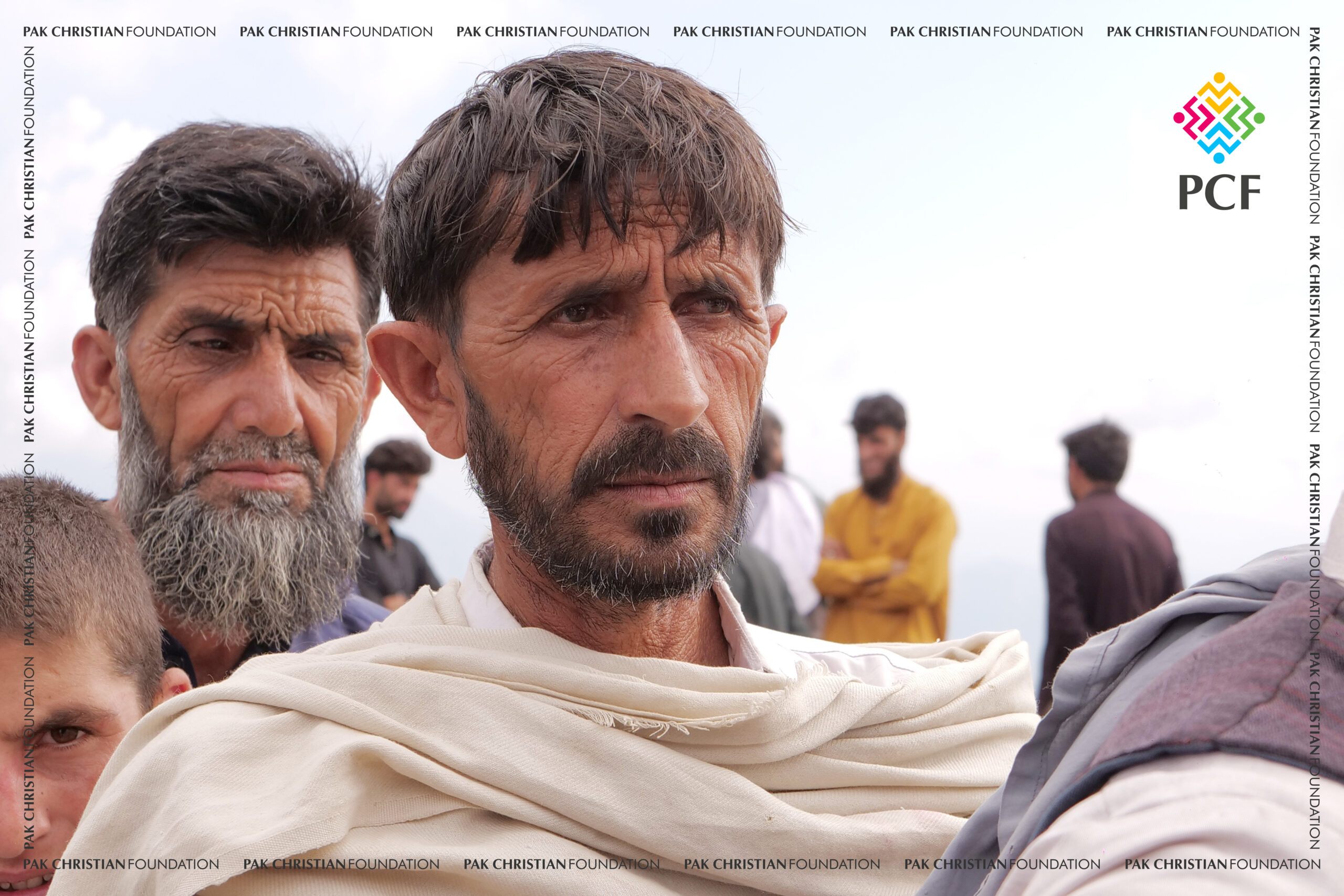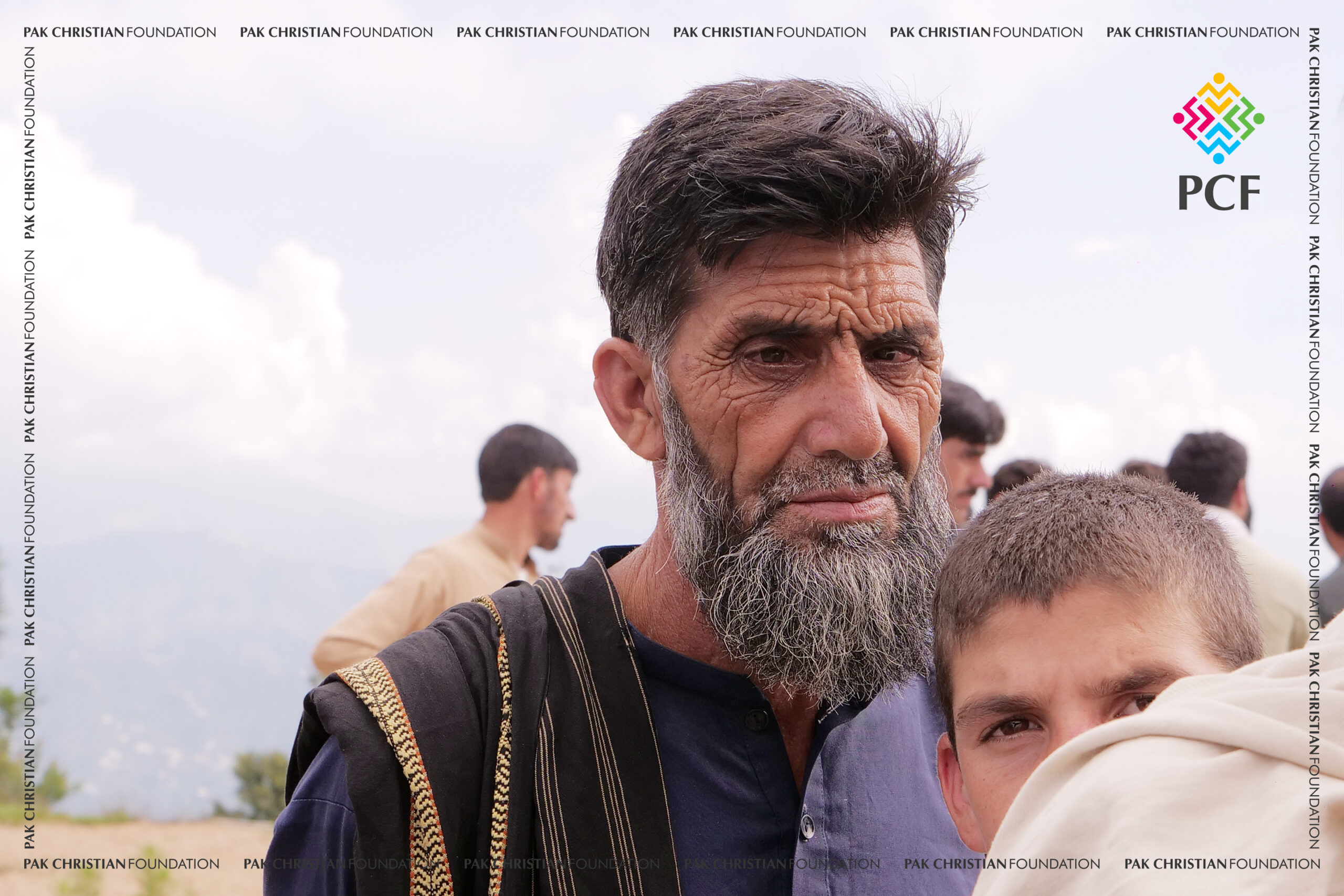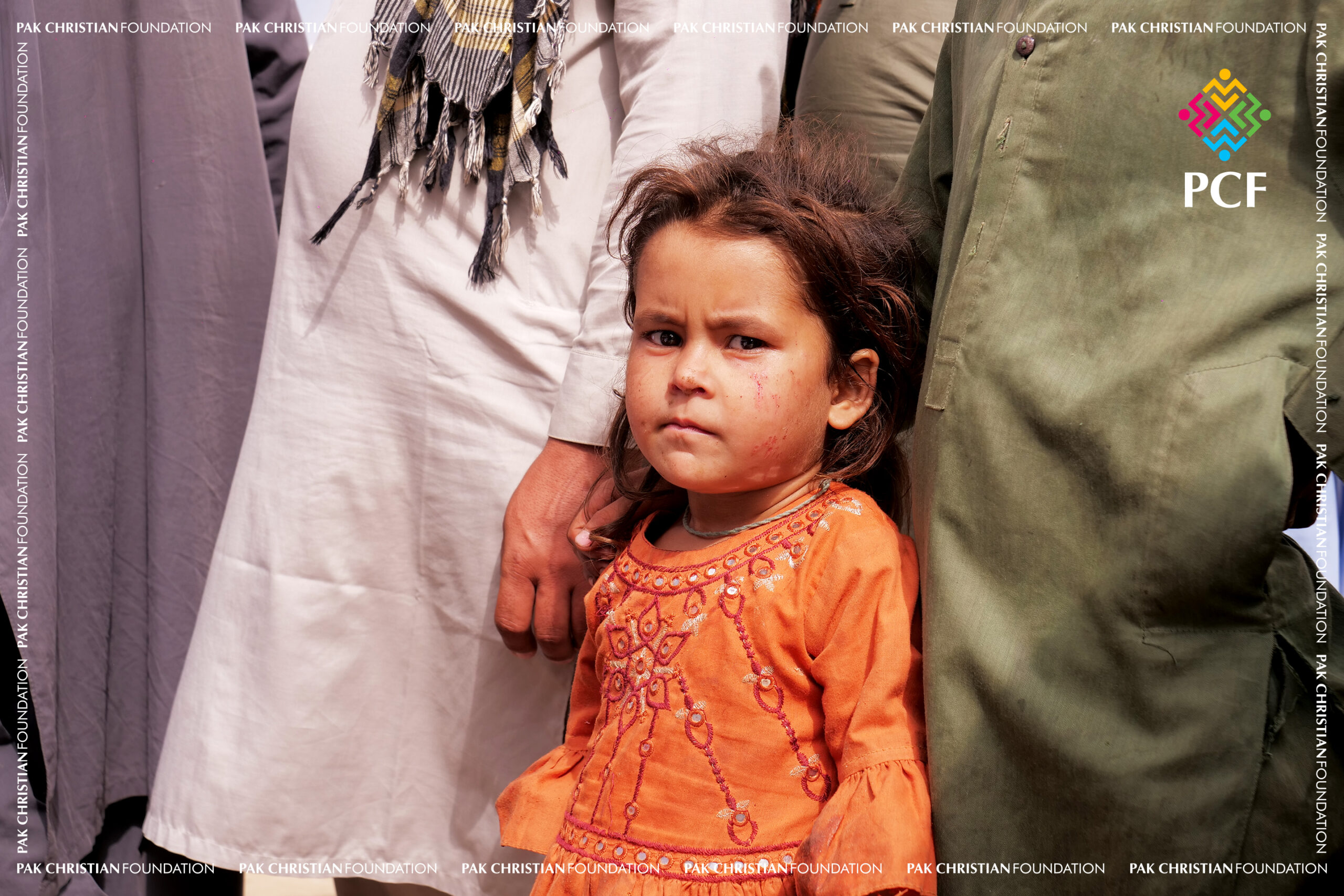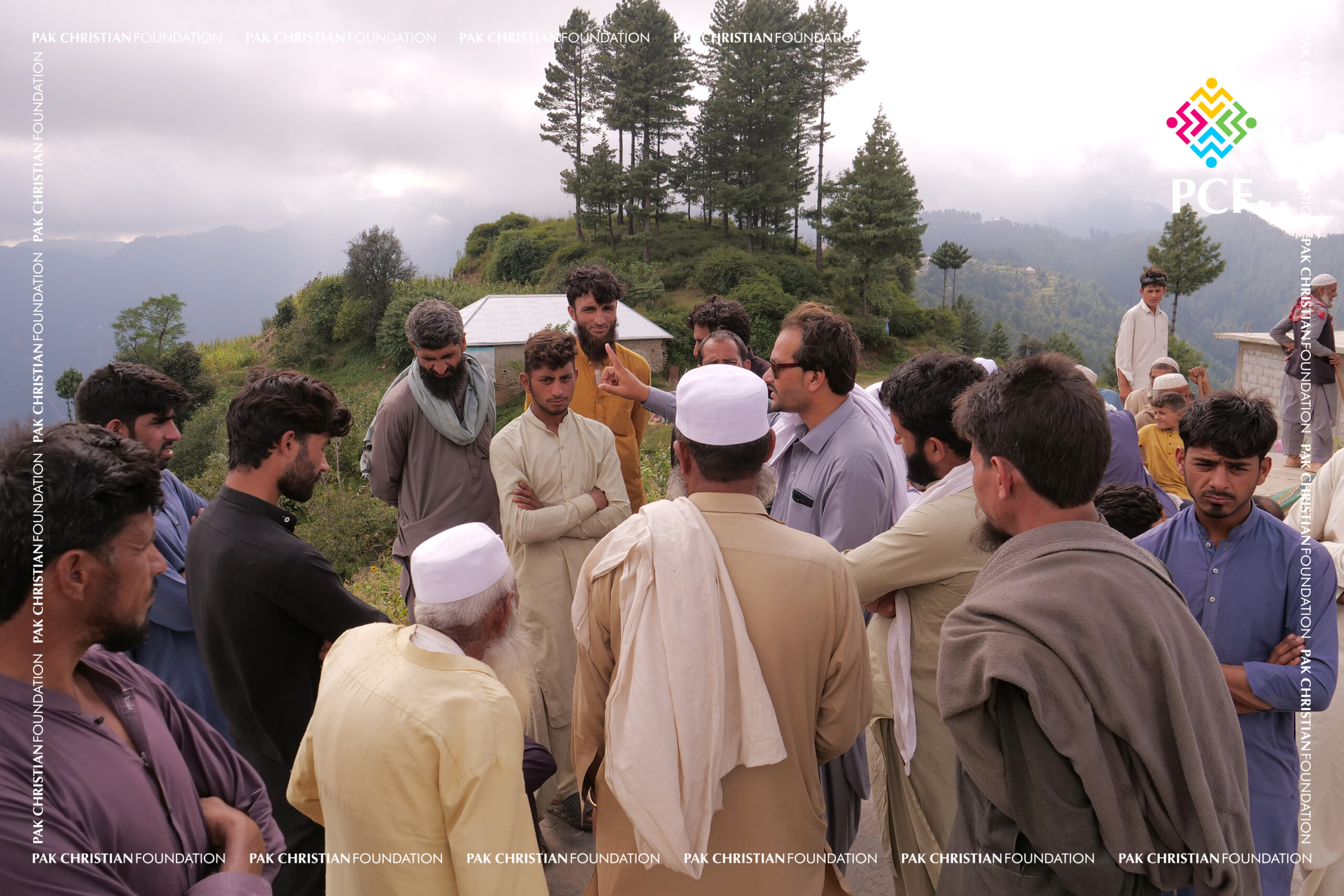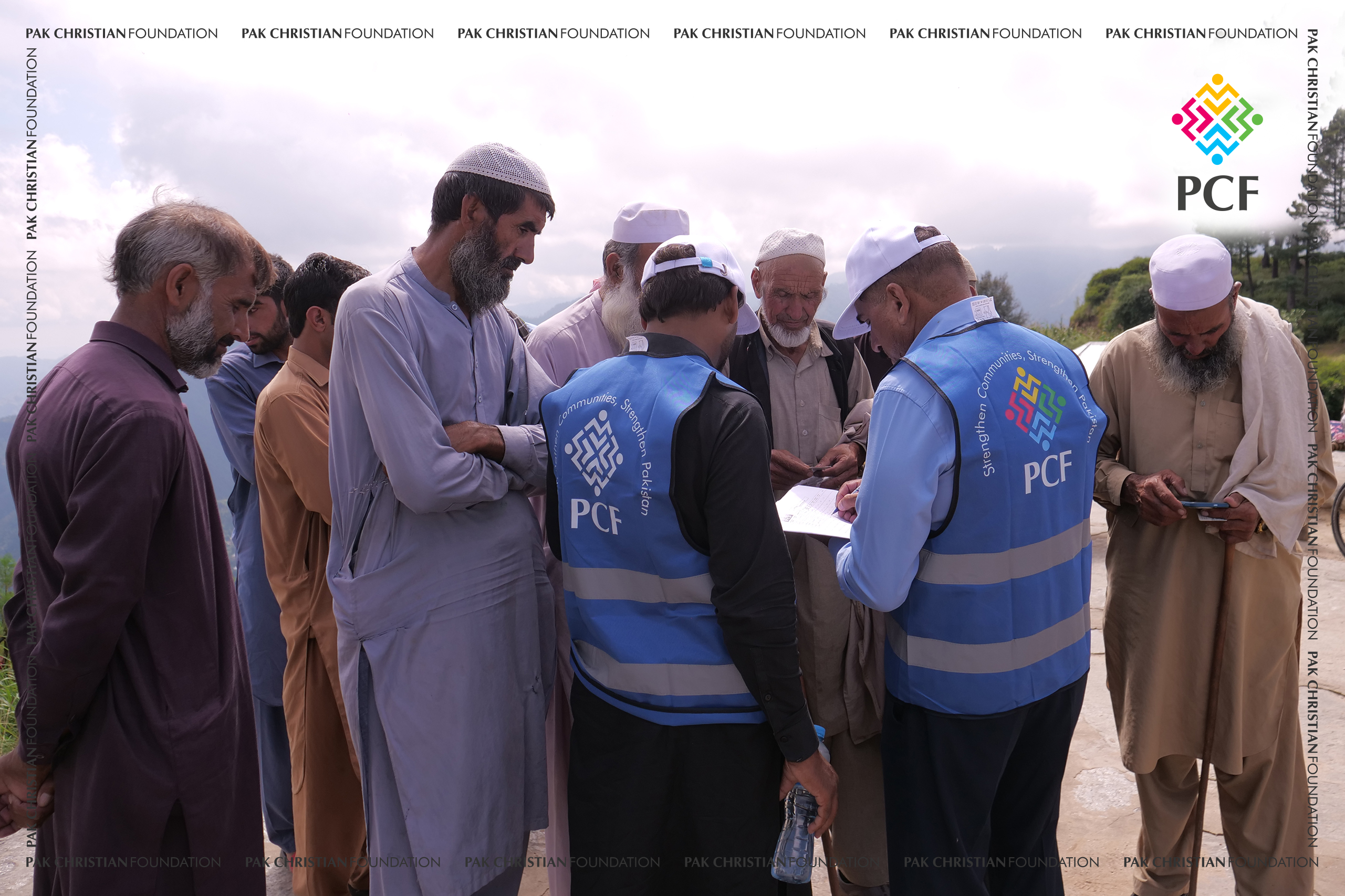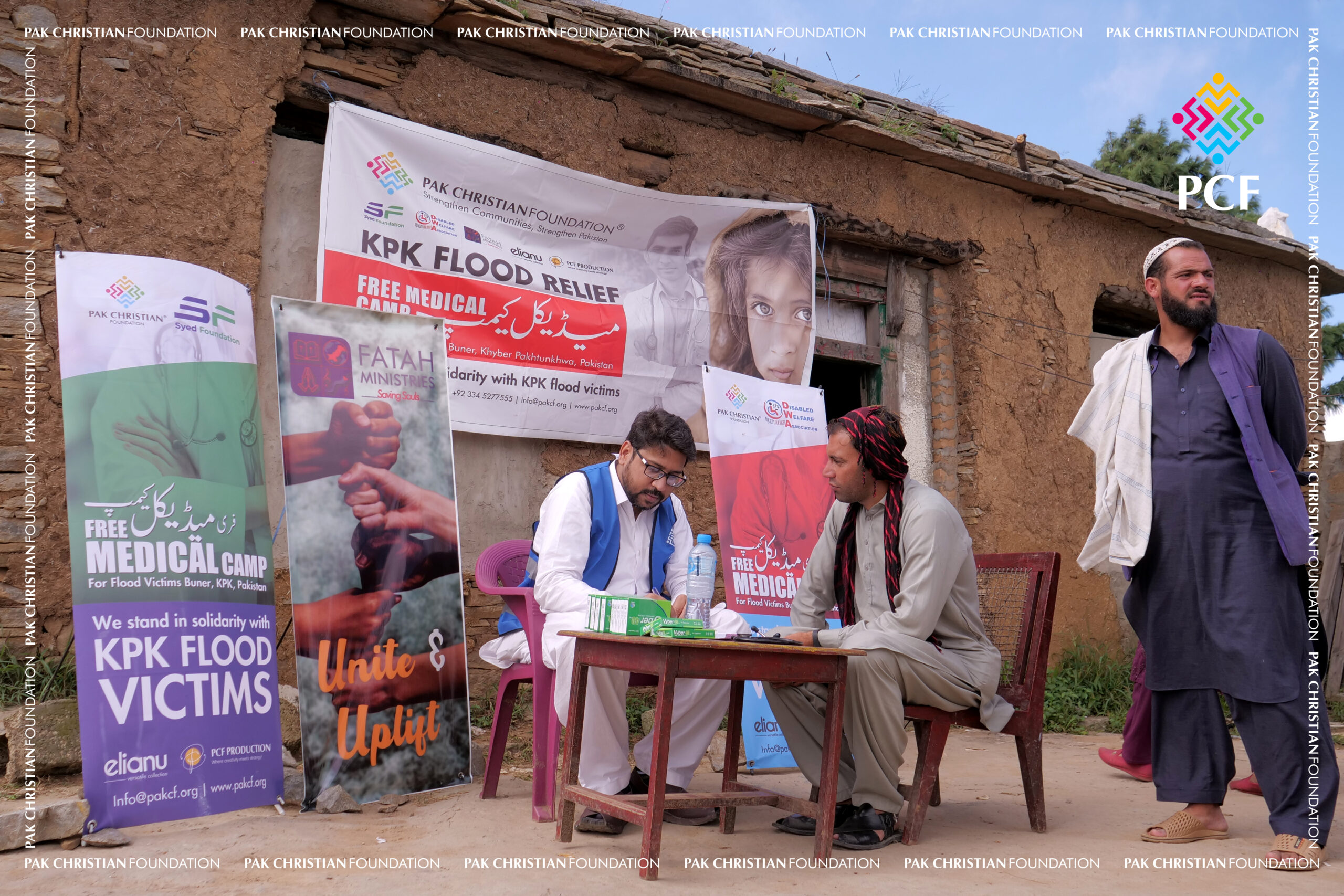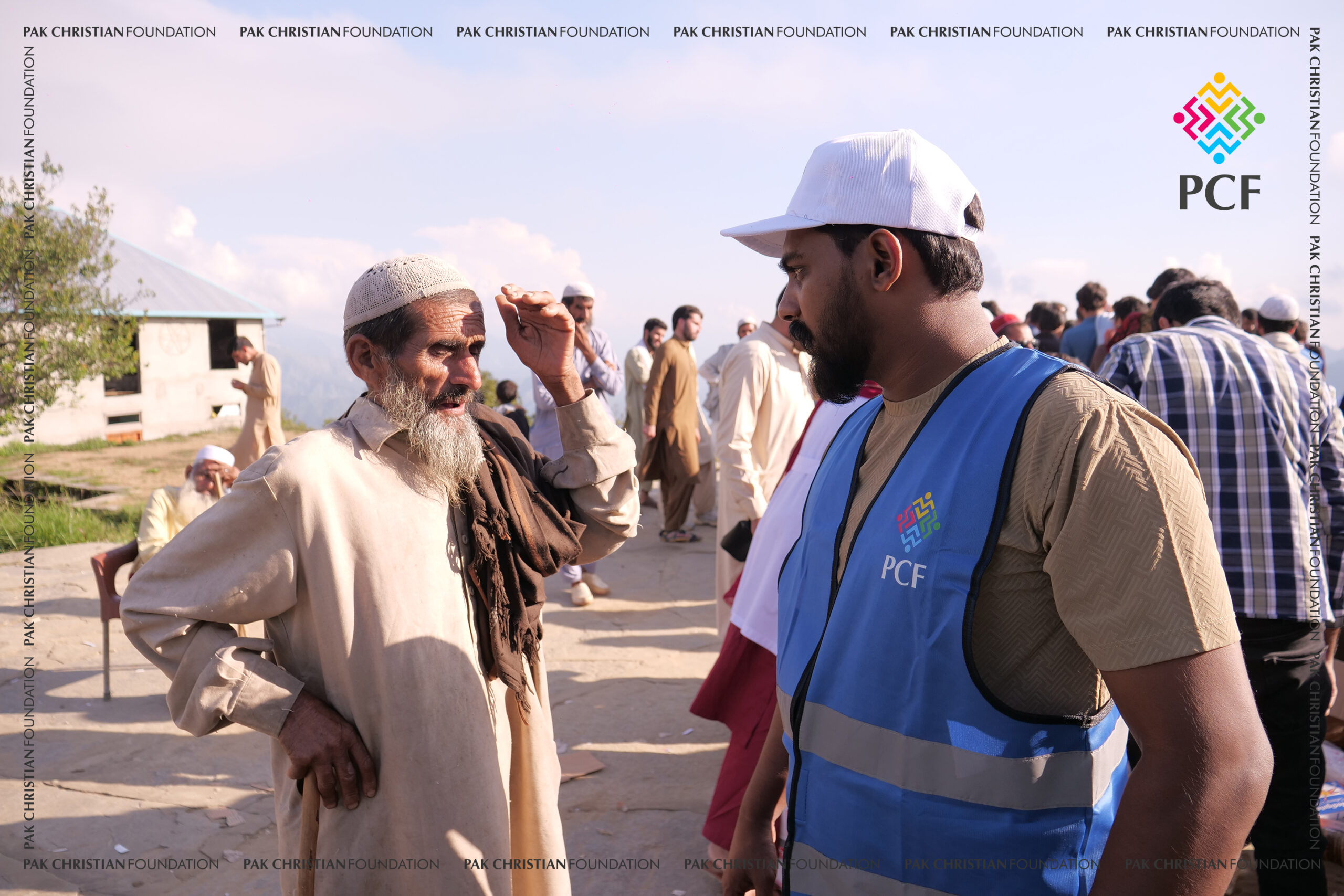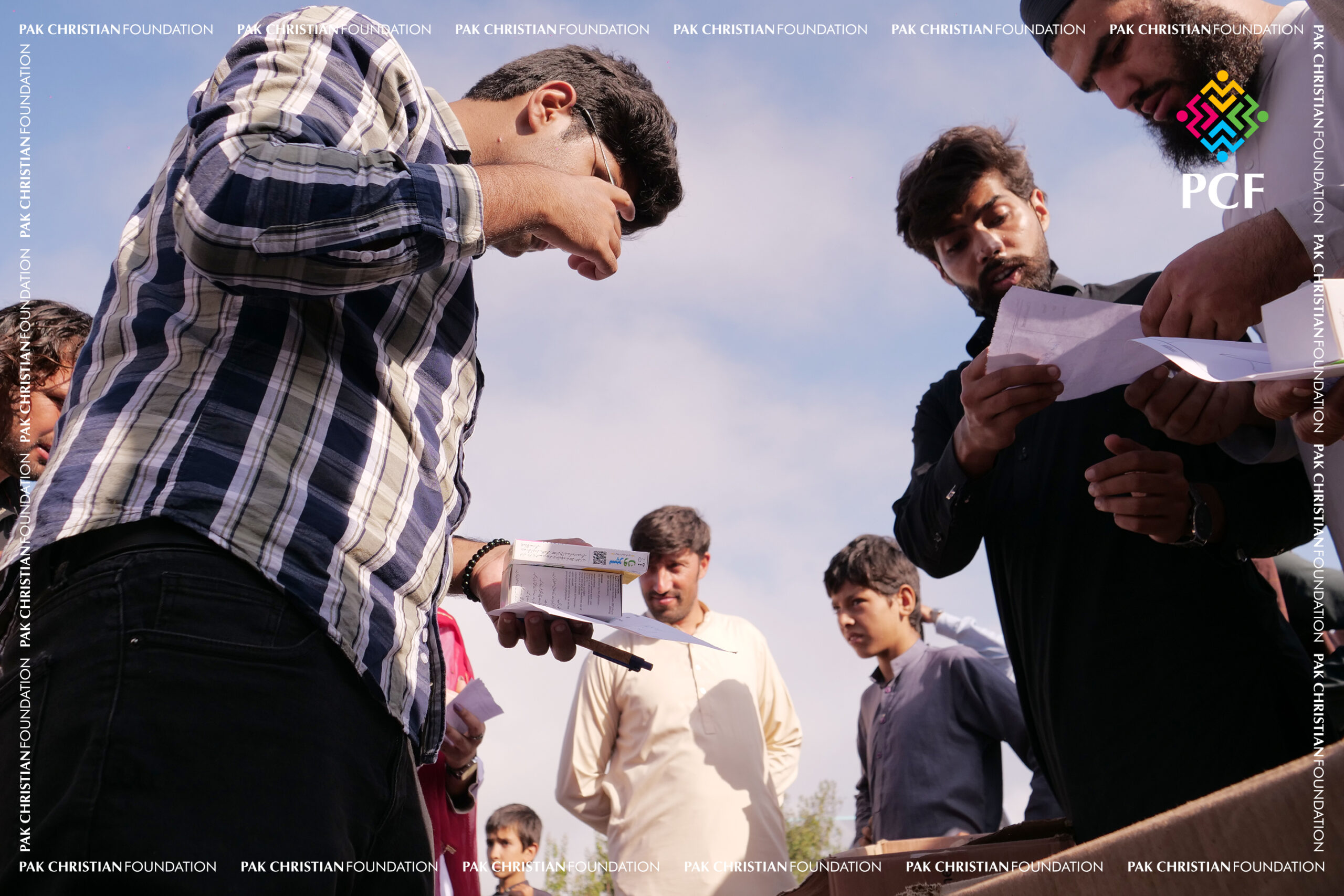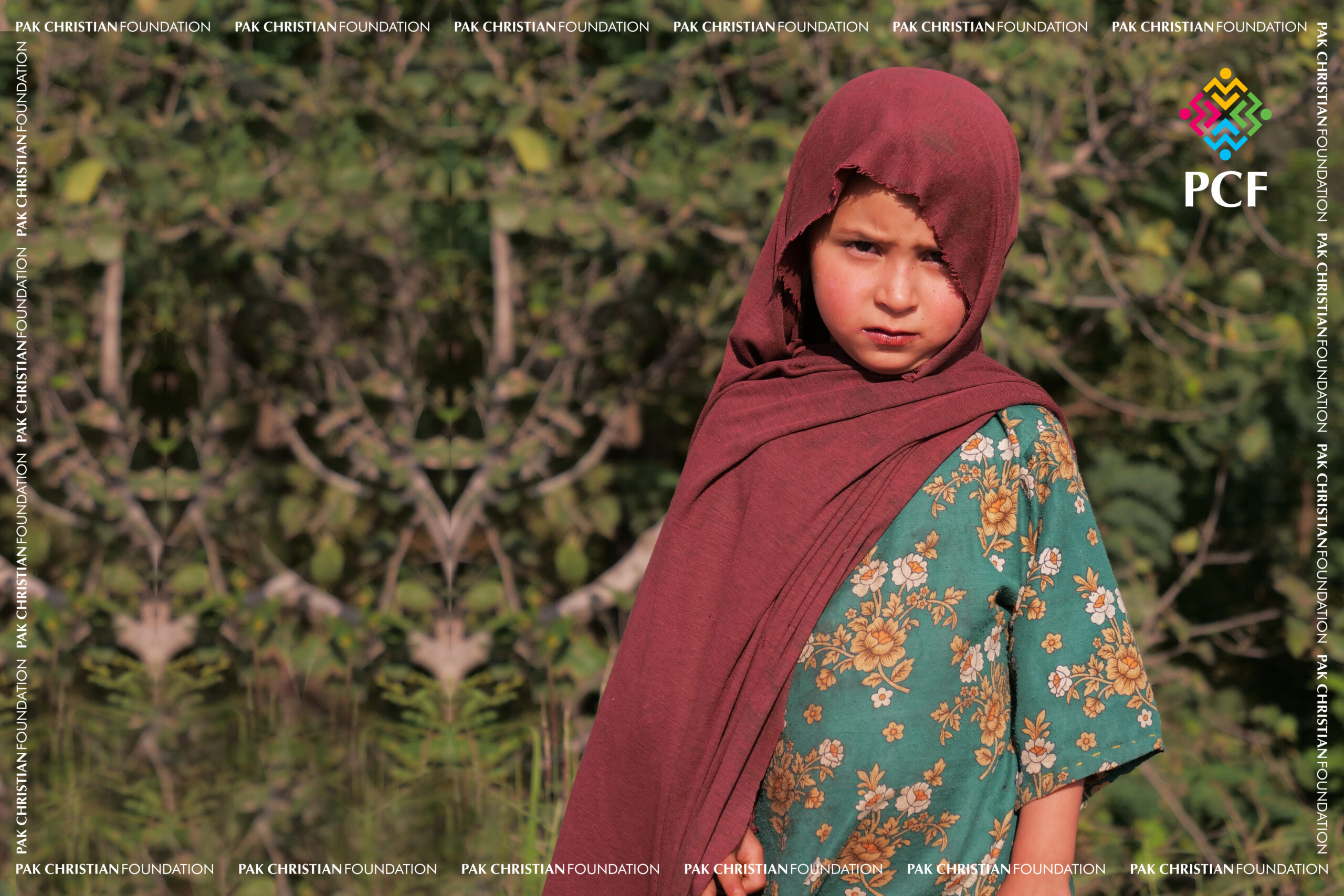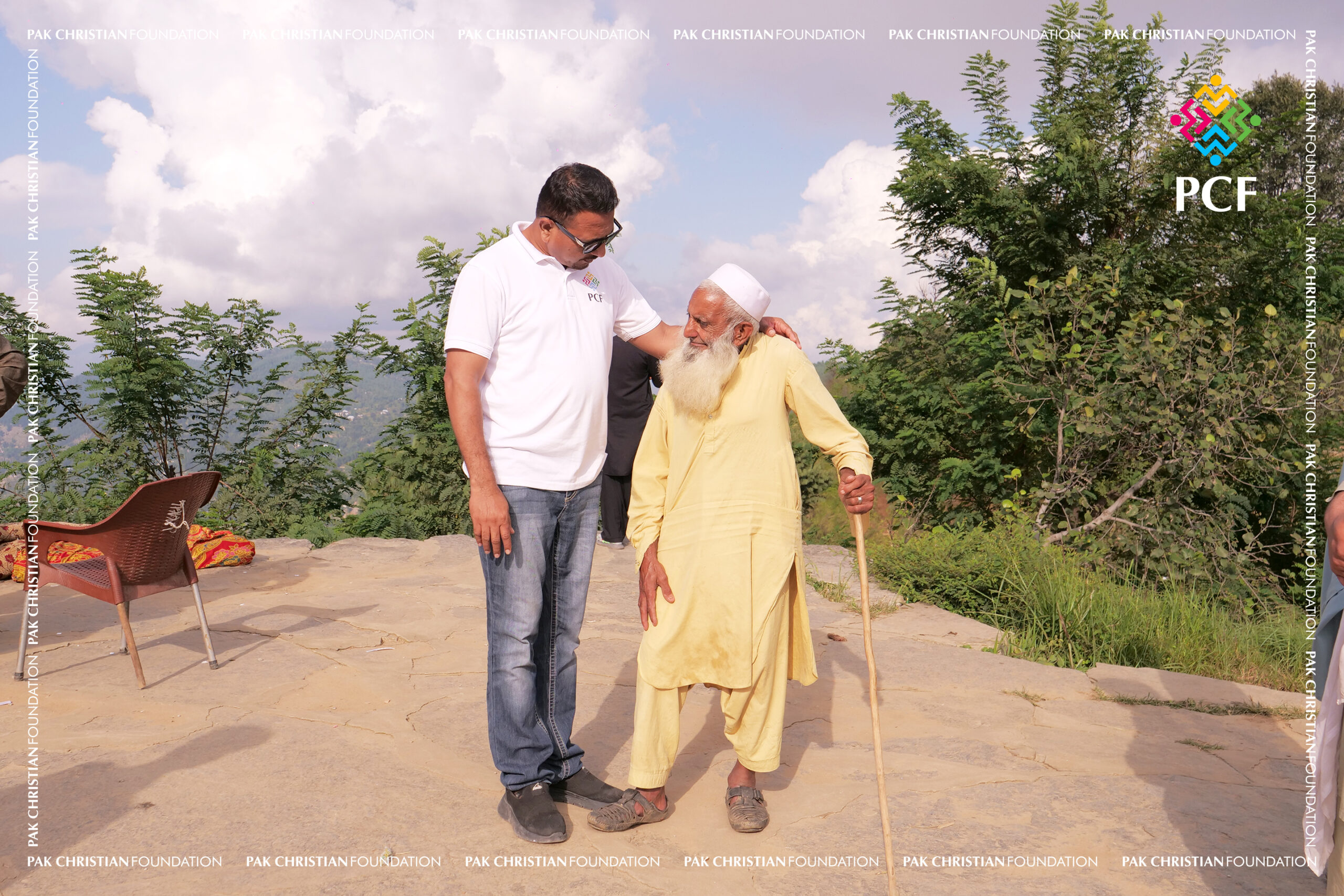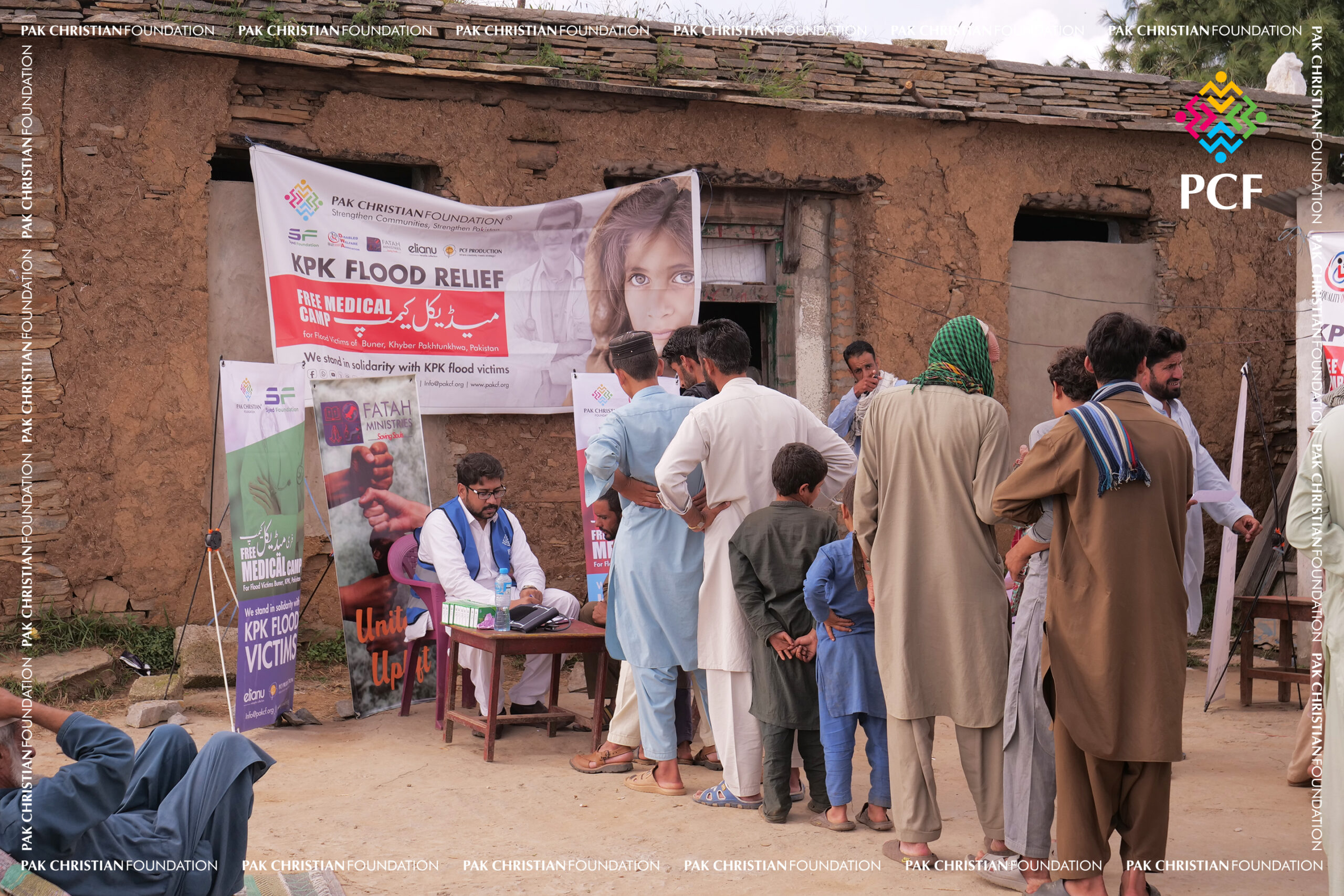The most recent earthquake was in September 2019, in Mirpur, Azad Kashmir. It led to the loss of 40 lives, hurt almost 900 individuals and destroyed healthcare facilities and other structures. There was an avalanche in Pakistan’s northern region in January 2020 that led to 77 deaths, more than 94 injuries, and the destruction of various houses and properties. Emergency response is a process that has four stages usually: mitigation, preparedness, response, and recovery.
Recovery options following a disaster are options that can be utilized by organizations to assist in the recovery of operations and data. The options are:
- Business continuity plans
- Backup and recovery options
- Incident response plans
The Pak Christian Foundation (PCF) is a very experienced and highly skilled organization with a vision to empower marginalized communities, especially through art and culture. Its staff are people who have extensive experience in various areas such as community development, youth empowerment, disaster response, and business continuity. The foundation’s strong and diversified staff possess extensive knowledge and experience on all projects that it undertakes in order that its interventions are effective and sustainable.
The organization’s good commitment to forging positive change is complemented by their ability across many areas of development, including an increasing focus on building resilience in vulnerable populations.
In addition to its youth and empowerment of arts leadership, PCF also sees the premium that has been placed on remaining resilient to disasters and unforeseen calamities. In as far as the tragedy of marginalized peoples is concerned, the foundation has also taken a holistic approach that entails disaster recovery procedures to the effect that its own operations, as well as the welfare of the people it targets, not only continue but are further improved during challenging times.
Disaster Recovery Solutions at Pak Christian Foundation
PCF recognizes that disaster recovery is a vital component in any organization, particularly those operating in resource-poor environments such as poor communities. The foundation has established disaster recovery protocols in instances of natural disasters, technological breakdowns, or other unforeseen emergencies to guarantee uninterrupted operations and protection of its valuable work.
This is how Pak Christian Foundation deploys disaster recovery measures:
- Business Continuity Plans
Business continuity is essential to the success of any organization or foundation, especially when dealing with vulnerable individuals. During times of disaster, unbroken provision of service and implementation of programs is paramount. Effective business continuity plans (BCPs) have been established by Pak Christian Foundation for the proper delivery of its programs even during the most severe crises.
These include protection of core functions such as provision of youth development activities, training, and facility access to the academies. BCP keeps the core activities of the foundation intact in the case of interruption—whether operational, financial, or infrastructural. The plan of continuity is comprised of selecting vital staff members, materials, and sites and defines what one has to perform so that work can continue through the foundation to the community.
- Backup and Recovery Systems
The Pak Christian Foundation also utilizes backup and recovery systems to protect its data, records, and other vital digital resources. It is especially crucial for an organization that works with vulnerable communities, as it should have precise records of its projects, beneficiaries, donations, and other sensitive data.
With a combination of physical backups, cloud storage, and encrypted data systems, PCF has ensured that all critical information is stored safely and recoverable in case of a disaster or data loss. These include:
Backup of financial records: Ensuring that all donation information, grants, and financial transactions are safe and recoverable.
Backup of program and educational information: Maintaining curriculum resources, training courses, and artwork created by the youth from their different programs.
Donor and beneficiary records: Having a safe and updated record of all partners, donors, and members of the community who are part of the foundation’s projects.
With a complete backup and recovery system, PCF can ensure that in the event of any disaster, the whole operational data can be restored instantly, reducing downtime and disruption.
- Incident Response Procedures
Incident response procedures are required to manage any unexpected interruptions that may arise, whether it is due to technological failure, human mistake, or external crisis. PCF has properly established incident response procedures to manage such incidents with promptness and effectiveness.
All these processes have the established protocol of evaluating the scenario, proclaiming the magnitude of the effect, and taking steps for minimizing progressive loss. Response plans are planned for effectively retrieving the functionality of the foundation with optimal regard to the health and safety of the employees, volunteers, and residents.
In addition, such protocols make sure that all the stakeholders—partners, donors, and beneficiaries—are aware of the status and the actions being undertaken. Such openness is vital in maintaining confidence and trust in the capacity of the foundation to recover and sustain its mission regardless of what happens.
Integration of Disaster Recovery into Community Resilience
Pak Christian Foundation realizes that it is not only about protecting its own activities but also about disaster-resilience of poor communities. Most of the areas where the foundation operates are vulnerable to being affected by some kind of crises in the form of natural disasters, economic shocks, and political turmoil. Therefore, PCF incorporates disaster resilience into youth development and community empowerment programs.
Through training and sensitization on disaster preparedness by local communities, the foundation establishes resilience in the community to weather and recover from ongoing disasters. The foundation sensitizes through culture and arts to emerging recovery and resilience strategies that empower young people to leverage their capabilities to drive the response to concerns within their respective communities and make healing collectively through times of crises.
The Pak Christian Foundation is a well-trained and professional organization, using its experienced personnel to make long-term differences in poor communities.
Through the implementation of disaster recovery solutions in its operations, PCF not only guarantees business continuity in its initiatives but increases the resilience of served communities. The organization’s dedication to business continuity, information protection, and incident response, and to empowering young people through art, represents a general plan for organizational sustainability and community establishment. PCF welcomes new partners and donors who embrace its cause of sustainable development, youth empowerment, and resilience in the face of disasters as it expands. In collaboration with and with the guidance of support, PCF looks forward to increasing its reach and scope along with the quality of its contributions toward empowering marginalized communities.
